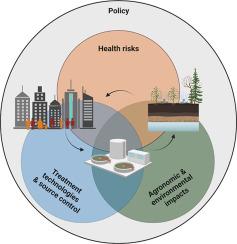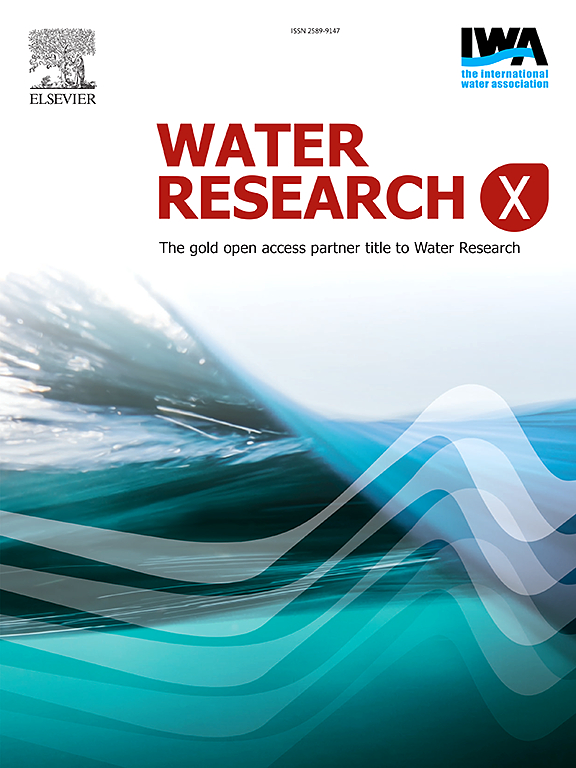Mitigating risks and maximizing sustainability of treated wastewater reuse for irrigation
Abstract
Scarcity of freshwater for agriculture has led to increased utilization of treated wastewater (TWW), establishing it as a significant and reliable source of irrigation water. However, years of research indicate that if not managed adequately, TWW may deleteriously affect soil functioning and plant productivity, and pose a hazard to human and environmental health. This review leverages the experience of researchers, stakeholders, and policymakers from Israel, the United-States, and Europe to present a holistic, multidisciplinary perspective on maximizing the benefits from municipal TWW use for irrigation. We specifically draw on the extensive knowledge gained in Israel, a world leader in agricultural TWW implementation. The first two sections of the work set the foundation for understanding current challenges involved with the use of TWW, detailing known and emerging agronomic and environmental issues (such as salinity and phytotoxicity) and public health risks (such as contaminants of emerging concern and pathogens). The work then presents solutions to address these challenges, including technological and agronomic management-based solutions as well as source control policies. The concluding section presents suggestions for the path forward, emphasizing the importance of improving links between research and policy, and better outreach to the public and agricultural practitioners. We use this platform as a call for action, to form a global harmonized data system that will centralize scientific findings on agronomic, environmental and public health effects of TWW irrigation. Insights from such global collaboration will help to mitigate risks, and facilitate more sustainable use of TWW for food production in the future.


 求助内容:
求助内容: 应助结果提醒方式:
应助结果提醒方式:


